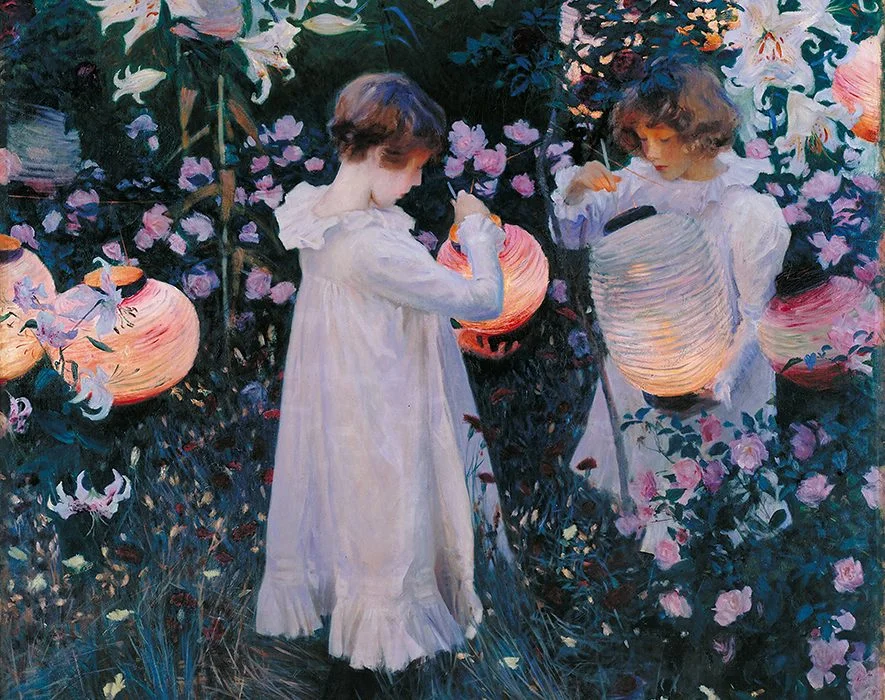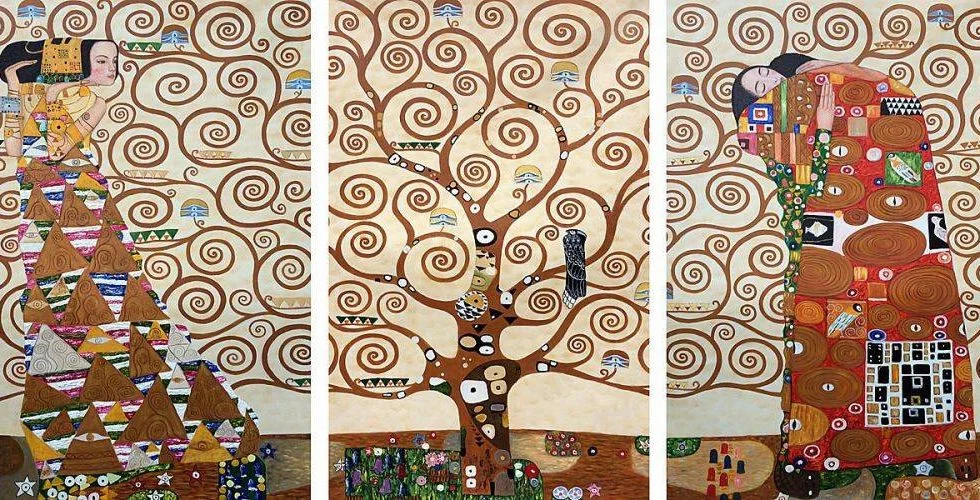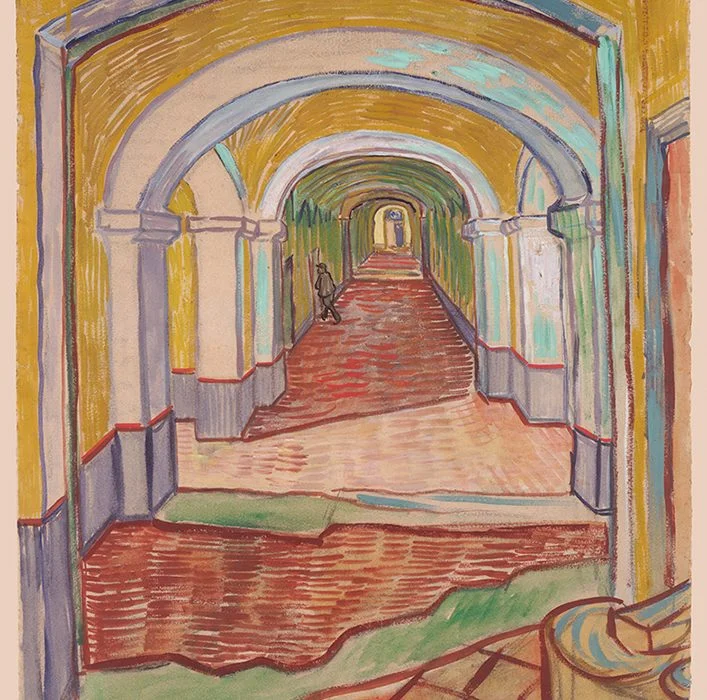Self-Knowledge • Melancholy
Why We Enjoy the Suffering of Others
The French Revolution lasted ten years — from the 5th of May 1789 to the 9th of November 1799. In this period of chaos and savagery, one year stands out as especially heinous: the so-called Reign of Terror of 1793-4. The year when the guillotine worked non-stop in the Place de la Révolution (now cleaned up as the Place de la Concorde), with carts arriving by the half hour from the prisons of France bearing suspected counter-revolutionaries, aristocrats, parliamentarians, moderates, peace-makers — and other enemies of so-called friendship and justice. They were hauled onto a wooden platform, forced to apologise to the crowd and murdered, before their severed heads were placed on pikes and lined up for exhibition along the bridges of Paris.

At the foot the guillotine, where one could get the best views and there was room for chairs, there would always be a raucous group of women from the poorest districts of Paris, the so-called tricoteuses or knitters. They would come at dawn with snacks and drinks and spend the day watching one unfortunate after another lose their head while they roared, laughed, chatted, exchanged notes on the weather – and did some knitting.
It is the contrast between the unhurried, homely domestic work of knitting and the simultaneous extinction of life that is hard to get over even at a distance – like hearing of a crossword finished during a rape or a piano sonata played over the course of a pogrom. We may wonder at how hearts could have become so deformed – but the sheer number of the knitting onlookers tell us that we are not dealing with any isolated cases of pathology. This isn’t about one or two sick minds afforded an unusual chance to exhibit their ailments during an unprecedented national crisis; this is who we substantially are.
The tricoteuses point to a dreadful truth about the suffering of others: that we enjoy it. We are relieved by it; it makes our day. We need you to fail, we hope ardently you might – and it will be an ecstatic moment if you ever do so. We will show up with a gang and point and laugh, we will remark on your clothing and your hairstyle as you march up the steps, we won’t care a jot that you were once a child and that you have goodness still in your soul; we will latch on to every reason to believe in your outsize wickedness, we’ll trust in the rumours, we won’t scrutinise the allegations, you won’t appear in any way human to us any more – and our hearts will stay cold as your neck is placed in a wooden holder and a razor-sharp blade ruptures your arteries.
By what mysterious process do humans become like this? What needs to happen to a newborn to turn them, over the years, into a tricoteur? If only the journey were more arduous or uncommon. All that seems to be required to fill up the mind with reserves of vengeance and fury is a steady drip feed of humiliation, of a kind every life is always likely to provide. We have all been made sufficiently unhappy not to gain extraordinary respite and satisfaction from the downfalls of others.
Public executions are rare; the tricoteuses are always with us. They are in the office, watching as we collect our belongings and are led out of the building; they are at the party, listening with feigned innocence as someone recounts the story of our divorce; they try to suppress a smile at the announcement of our disgrace and — of course — they are at their keyboards as the comments roll in declaiming us as monstrosities.
We will never manage to stop them – unless we succeed in eradicating every vestige of unhappiness in every life. Until then, not only will we have to suffer, we will have to know that this suffering will bring immense joy to substantial numbers of strangers. Our only protection is pessimism towards the many – and extreme love towards the few, those rare unsullied beings who remain unhurt enough that they will cry when it’s our time to step up to the scaffold.


























